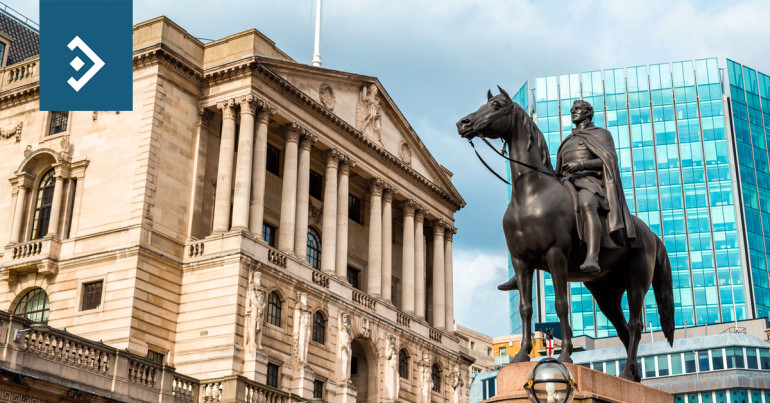
Sterling pressured by stronger dollar
Morning mid-market rates – The majors
28th January: Highlights
- MPC to set the tone for Sterling
- Risk aversion fuels dollar rise
- Mixed signals to mar minor recovery.
No further from MPC members as meeting approaches
There is a theory that comments by several members of the MPC were simply a “shot across the bows” of the market to remind traders that the Bank of England remains the most important arbiter growth in the UK
It is literally impossible to make a valid judgement on what the MPC will do on Thursday, so traders are shying away from expressing a view and closing speculative positions.
Thursday also marks the end of the UK’s membership of the EU. After all the angst and argument that has destroyed several political careers, the UK appears to be leaving with a whimper rather than a bang.
Prime Minister Boris Johnson insists that a trade deal can be agreed within his specified timetable, but he has been warned in several quarters that the EU will be as tough in these negotiations as it was over the Withdrawal Bill.
Irish Premier Leo Varadkar commented yesterday that the odds were stacked against the UK given the relative size of the two economies and warned that Brussels is in no mood to grant or request compromise.
The pound opened the week on the backfoot as long positions were liquidated and the dollar rose on the back of fears over the Coronavirus outbreak. It fell to a low versus the dollar of 1.3041, closing at 1.3059. It remains in a narrow range versus the single currency. It traded between 1.1893 and 1.1834 yesterday.
Considering your next transfer? Log in to compare live quotes today.
FOMC to highlight global concerns
As with past outbreaks that could spread to medical contagion, the market tends to draw back on itself and riskier assets and currencies tend to be forsaken. This is what is beginning to happen this week as the dollar and other safe havens such as the Swiss Franc and Japanese Yen perform well.
Tomorrow’s FOMC meeting will consider the effect of the outbreak on the U.S. economy as analysts prepare reports in which the effect of various scenarios is considered.
The effect on global GDP will be considered and Central Banks may have to work together to ensure plentiful liquidity and market stability should conditions worsen to any significant degree
Given the rising protectionist stance taken by the Trump Administration, there is a real possibility that the President may use the situation as a “bargaining chip” in talks that are due to start between Washington and Beijing.
Other areas of the economy appear to be performing well, but there is an undercurrent of concern over the level of asset markets which worries several Central banks (see below).
Overall, the FOMC is likely to be positive for the dollar as last year’s rate cuts seem to have been perfectly timed to provide the impetus to the economy that is currently being experienced, in contrast to other major economies.
Yesterday, the dollar index rallied to a high of 98.00, closing at 97.94
Low rates driving high asset inflation concerns
ECB Board Member Yves Mersch, the vice-chairman of the supervisory committee spoke yesterday of his concerns. His worries centre mainly around the Eurozone real estate market which is starting to show signs of overheating with price rises becoming unsustainable.
The ECB itself looks likely to prolong its wait and see policy for at least the rest of Q1. While that may seem to make Christine Lagarde appear to be a “rabbit in the headlights”, it could also be argued that such a policy may also be considered to be allowing the years of low rates to finally have an effect as trade starts to flow.
The coronavirus outbreak could be significant for the region if it spreads given the region’s reliance on trade-based growth. This is another reason why development of the domestic market as an “insurance policy” has become more important to both Ms Lagarde and Ms. von der Linden.
The single currency continues to threaten to break the 1.10 level but has so far managed to cling on as bargain hunters buy at lower levels.
Yesterday, it reached a low of 1.1010, closing at 1.1017.

About Alan Hill
Alan has been involved in the FX market for more than 25 years and brings a wealth of experience to his content. His knowledge has been gained while trading through some of the most volatile periods of recent history. His commentary relies on an understanding of past events and how they will affect future market performance.”



